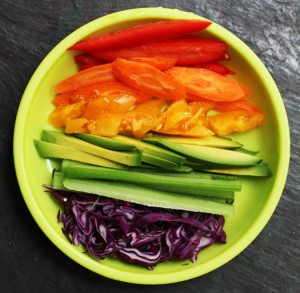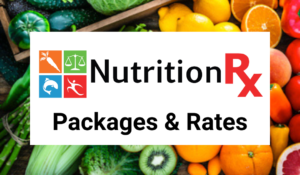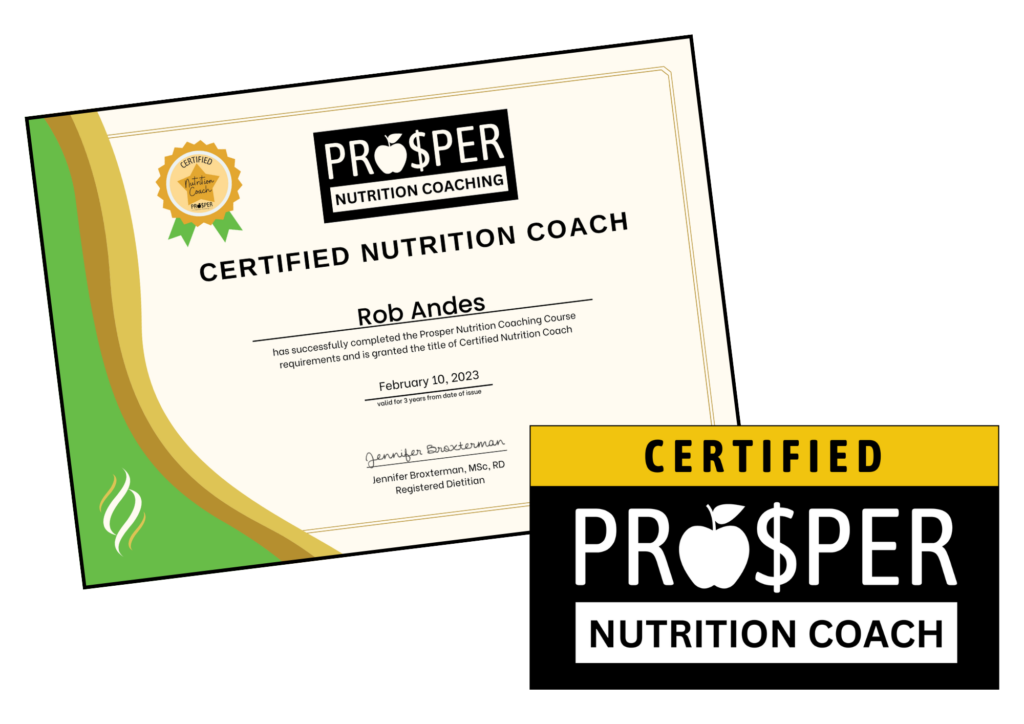

Add, Don’t Subtract
Usually when someone thinks dietitian, they automatically think of “diets” or “meal plans”. I wish my job title was less misleading, as I rarely, if ever, prescribe a meal plan, and I most definitely do not endorse diets of any kind.
Some of the top reasons (in no particular order) why I try to get my clients to move away from diets and meal plans are are:
They ignore personal preferences, likes, and dislikes.
If I told you to eat fish 2x/week and you hate it, how enjoyable would that be?
They encourage ignoring hunger and fullness cues.
If you are only allotted 1200 calories a day and you have a large breakfast, you may only have a couple hundred calories left for the rest of the day. If you then skip lunch and dinner and have a small snack because that’s all you can “afford” with the remaining calories, you can do some damage to your blood sugar control and your metabolism. It’s important to eat regular meals and snacks throughout the day, our bodies start storing fat when we go long periods without eating (which could happen if meals are skipped after that big breakfast!).
They are not sustainable.
Sure, they can lead to weight loss in the short term if that’s what a client is after, but they almost always lead to long-term weight gain.
They confuse the body’s natural set-point.
Remember, this is the weight that the body feels healthiest at. Dieting and restrictive eating can actually make the set-point increase.
They are not realistic!
Who wants to eat a regimented diet free of some or all of their favourite foods every day for the rest of their lives?
They do not consider that energy needs, mood, schedules, food availability etc. change from day-to-day.
Some days you might need to eat a little more, some days a little less, and this is not accounted for.
They promote food restriction.
Most involve cutting out a food or entire food group. Not only does this limit the variety in food intake, but it can also increase risk of nutrient deficiencies.
They often include “cheat-days”.
Gah, when I hear someone say it’s their “cheat-day” it makes me cringe. There’s no need for “cheat-days” when you follow your hunger and fullness cues instead of a restrictive diet. “Cheat-days” just promote overindulging in favourite foods that are clearly missed or craved when following a diet. Overindulging can not only be physically harmful, but it can also do some emotional damage by smacking a huge “BAD” label on certain foods. We know what happens when we label foods as bad, sinful, off-limits – eating them can lead to: guilt, shame, and embarrassment. When you feel these negative emotions, it only perpetuates the cycle that Michelle May, MD (a physician and mindful eating speaker) refers to as the “Eat, Repent, Repeat” cycle, where you can end up eating even more just from feeling guilt or shame.
Please try to stop subtracting foods from your day by ADDING the following:
Food freedom.
The freedom to choose what you feel like having based off of personal preferences, culture, mood, finances etc. Food freedom helps prevent overindulging because you can allow yourself to have a comfortable amount of “craving foods” when you want instead of saving them for a “cheat-day”. What’s a comfortable amount? Let your fullness cues decide.
Nourishing foods.
These are the foods that make you feel good – they provide the body with the energy and the nutrients it needs to be fueled. Notice how nourishing foods make you feel during and after eating them.
Colour, and lots of it!
Colourful foods are packed with different vitamins and minerals. Try to fill a good chunk of your plate with veggies and fruits at each meal.

Respect.
Respect your body’s internal cues. Eat when you’re hungry and stop when you’re feeling satisfied.
I’ll leave you with one of my favourite food quotes:
When the joy goes out of eating, nutrition suffers. – Ellyn Satter
Wishing you health & happiness,
♡ Jen
Jennifer Broxterman, MSc, RD
Registered Dietitian
NutritionRx: happy, healthy living with our team of Registered Dietitians
Prosper Nutrition Coaching: a world-class nutrition coaching certification
+
+
+
Want to work with a NutritionRx Registered Dietitian?
Learn more here: Nutrition Packages & Rates
+
+
+
Want to become a Certified Nutrition Coach?
Learn more about our habits-based Prosper Nutrition Certification



